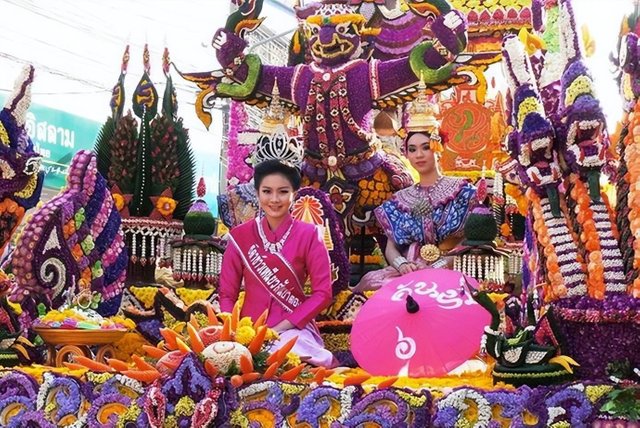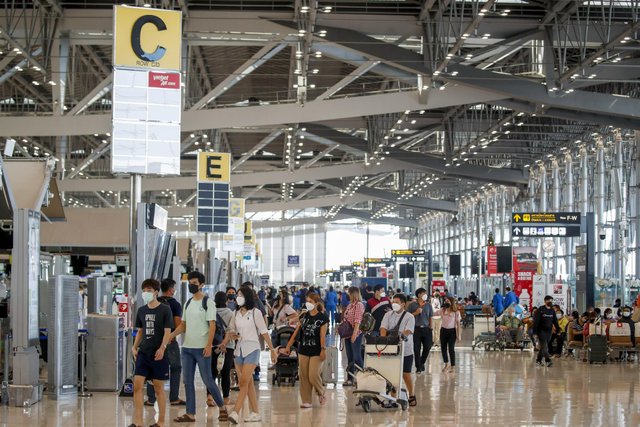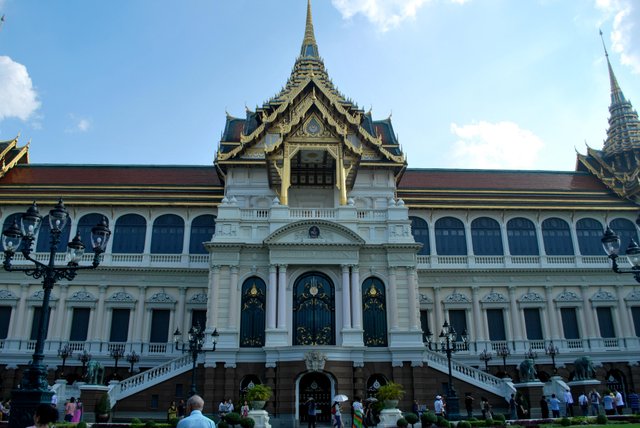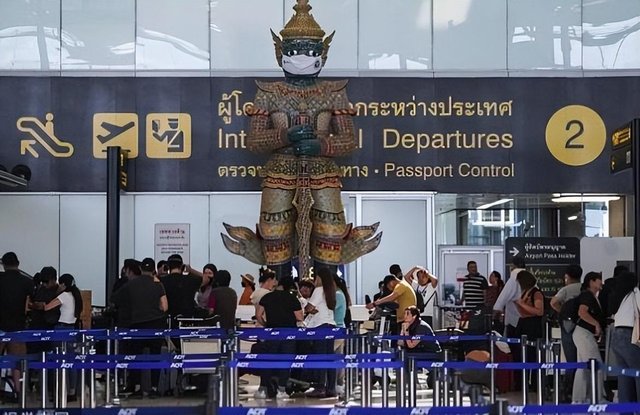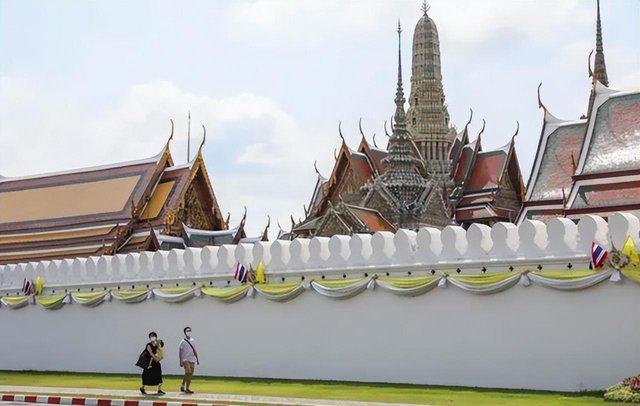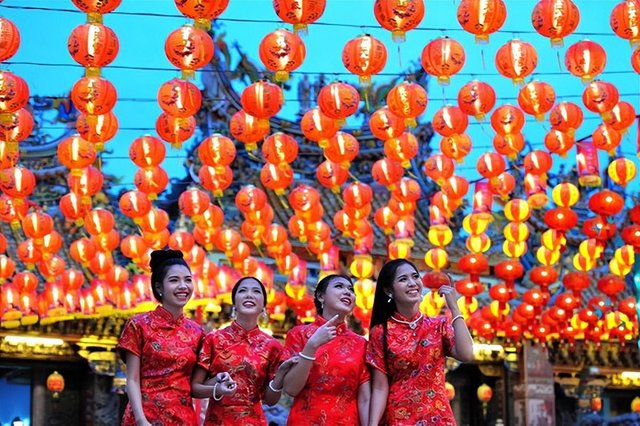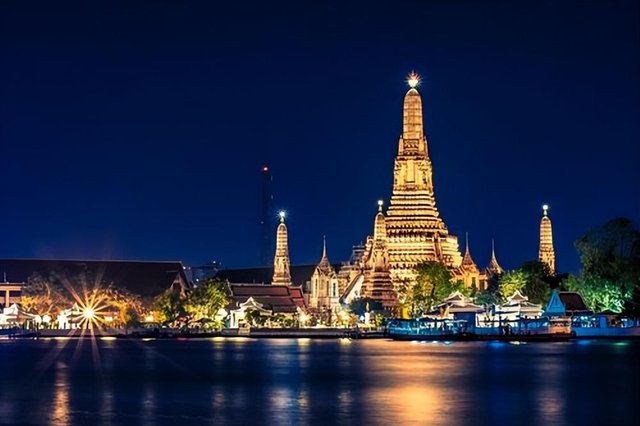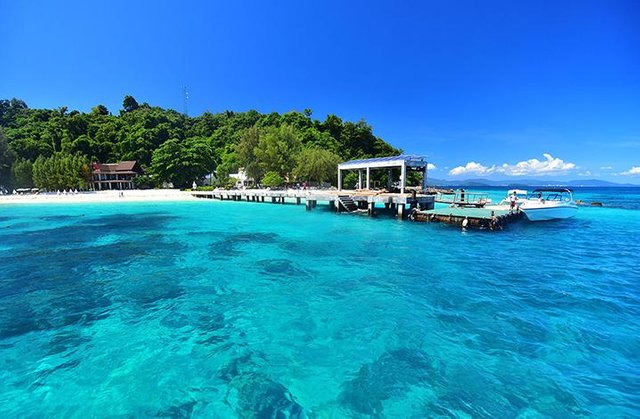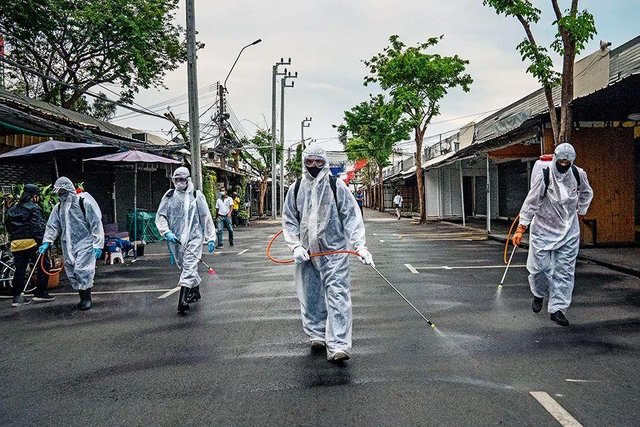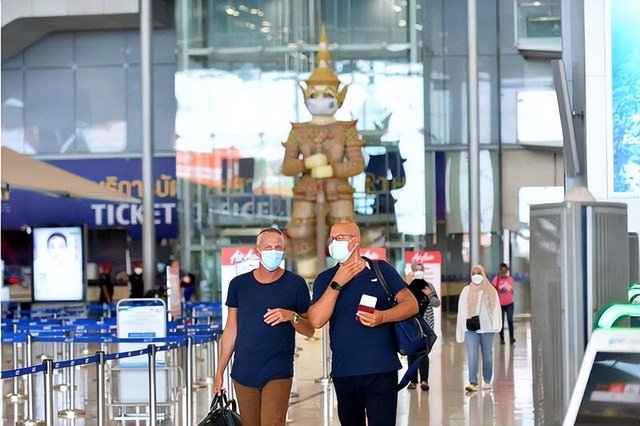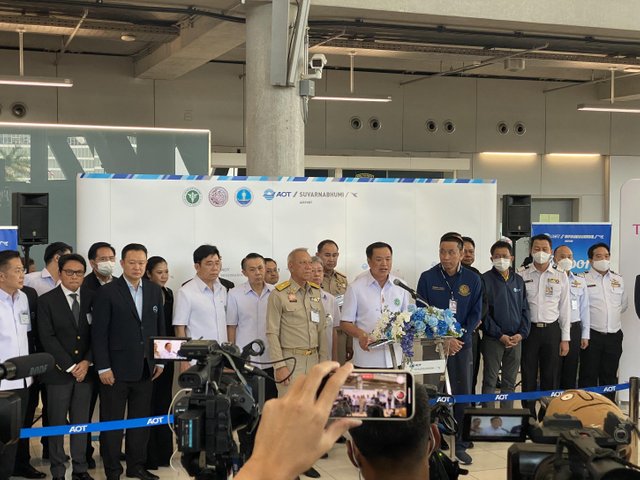In early December 2022 Guangzhou took the lead in gradually relaxing the epidemic control after the epidemic prevention and control policies were liberalized across the country one after another. The country first introduced 20 optimized policies, and later introduced 10 new policies. Since January 8, 2023, the country has been implementing "Category B" control for novel coronavirus infections. While China is gradually relaxing its epidemic control policies, 35 countries, including the United States, Canada, the United Kingdom, France, Japan, South Korea, Italy, and India, have adopted restrictive measures specifically for Chinese travelers. Morocco has announced that from January 3, 2023, no one from China will be allowed to enter the country, regardless of nationality.
In contrast, Thai Deputy Prime Minister and Minister of Health Anutin, Thai Minister of Transport Sasayan and Minister of Tourism and Sports Pippa personally went to Bangkok's Suvarnabhumi Airport on January 9, 2023 to welcome the first Chinese tourists who arrived in Thailand after January 8. The Thai people, the main ethnic group in Thailand, are related to the Dai and other ethnic minorities living in the southwest of the country. The Thais believe that their ancestors came from Yunnan, China. The intermarriage of the Thai people with the Chinese has already occurred during the formation of the Thai nation.
During the migration of the ancient Thais from Yunnan, China to present-day Thailand, three major branches evolved: the Northern Thais retained more of their ancient genes, the Central Thais generally showed signs of integration with Chinese descendants from China, and the Southern Thais showed signs of integration with the Malay group that migrated from the South Pacific Islands. The Thai people themselves are a highly mixed race, with many of them of Chinese descent. This mixed heritage has made the Thai people more receptive to the Chinese than other Southeast Asian ethnic groups.
Today, the Chinese make up about 14% of Thailand's total population and are the second largest ethnic group in Thailand after the main ethnic group, the Thai. Many of the top elite figures in Thai politics and business are from the Chinese community. When introducing themselves, the Chinese in Thailand often say "I am Thai, I am of Chinese descent, my ancestors came from China". It is obvious that the two identities of "Thai" and "Chinese" are not conflicting in the Thai Chinese consciousness as the concept of nationality and ethnicity respectively. In contrast, Chinese in Malaysia and Indonesia usually use terms like "they are Malays" and "they are Indonesians" to describe the local aborigines.
While Vietnam, Malaysia, Indonesia and other Southeast Asian countries have a history of Chinese exclusion, the Thai Chinese are the most successfully integrated group of Chinese in Southeast Asia, and relations between the two countries have maintained a healthy and stable development since the establishment of diplomatic relations in 1975. Thailand was at war with Vietnam, another Southeast Asian country, for nine years starting in March 1979. Thailand actively sought the assistance of the northern power in the face of Vietnam, a small Southeast Asian hegemon. After the end of the war, Thailand's economic recovery was also dependent on the huge market of its northern neighbor. China has long been Thailand's largest trading partner and the second largest source of foreign investment.
In August 2001, the Chinese and Thai governments issued a joint communiqué to reach a consensus on promoting strategic cooperation between China and Thailand, and in April 2012, they established a comprehensive strategic partnership, and in October 2013, the two governments issued a "Vision for the Development of Sino-Thai Relations". In September 2017, the two countries signed the "Memorandum of Understanding between the Government of the People's Republic of China and the Royal Thai Government on Jointly Promoting the Construction of "One Belt, One Road"", and bilateral trade between China and Thailand overcame the impact of the New Crown epidemic to exceed the US$100 billion mark by 2021.
Tourism has always played an important role in Thailand's economic system. Thailand is rich in tourism resources: there are natural scenery such as Phuket and Patong Beach, as well as humanistic monuments such as the Grand Palace and the Jade Buddha Temple, and Thailand's unique food, clothing, Thai massage and other traditional cultural customs have considerable appeal to foreign tourists. The number of foreign tourists visiting Thailand in 2019, before the New Crown epidemic, was 39 million. That year, Thailand's tourism industry earned approximately $62.289 billion. More than a quarter of this influx of overseas tourists to Thailand was from China.
China's socio-economic development has been rapid since the reform and opening up. As people's living standards improve, they are bound to pursue a higher spiritual life after meeting their basic material needs. The world is so big that it is worthwhile to travel and see more during your lifetime. Thailand is relatively close to China. It is relatively more cost effective to go to Thailand compared to other countries in terms of time and money spent. The steady development of Sino-Thai relations in recent years has also further promoted the tourism boom in Thailand. Phuket, the Grand Palace, Pattaya, Koh Samui, the Temple of the Two Dragons, the Jade Buddha Temple, the Temple of the Reclining Buddha, Patong Beach have all become familiar to Chinese tourists.
Thailand, known as the "Kingdom of Smiles", is very good at service: the local staff is very warm and courteous in arranging accommodation, dining, shopping and watching shows, and there are very few rip-offs in Thailand to make tourists feel at home. Before the New Champions epidemic, tourism revenues accounted for 12 to 15 percent of Thailand's GDP, and a significant portion of this revenue was generated by Chinese tourists. The sudden onset of the New Guinea epidemic changed everything just as Thailand's tourism industry was booming. Thailand was one of the first countries outside of mainland China to find confirmed cases.
The first case was detected in Thailand on January 8, 2020. As of July 27, 2020, Thailand, a country of more than 60 million people and international tourists, had 3,295 confirmed cases and 58 deaths. The mortality rate of less than 2% is evidence of Thailand's excellent prevention and control results. As early as January 4, 2020, Thailand strengthened temperature monitoring at major international airports to detect suspected cases as soon as the WHO was notified of the outbreak. The policy of "early detection, early isolation" has been implemented in Thailand without fail. Although Thailand is a developing country, it has one of the highest levels of medical care in the world.
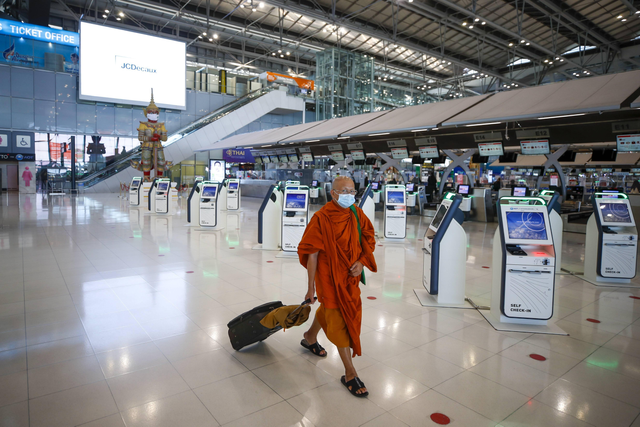
Thailand was one of the first few countries to overcome the genetic code of the new coronavirus and isolate the strain. During the epidemic Thailand organized as many as 1.5 to 2 million village medical volunteers in every village in the country. These individuals assisted the government in registering and tracking suspected cases, as well as providing medications and helping villagers to seek medical attention. Professionals have a strong voice in the Thai government's outbreak management center. Every decision made by the Thai government is made in consultation with the CDC staff, and other departments do their best to cooperate. The majority of the Thai population also cooperates with the government in the implementation of prevention and control measures.
After May 2020, the epidemic situation in Thailand stabilized. Against this backdrop, Thailand began a systematic effort to stimulate economic recovery. Tourism, one of the mainstays of the Thai economy, was a natural target for support. In June 2020, the Thai government proposed the "Travel Bubble" program to encourage citizens from countries with better control of the epidemic, such as China, South Korea, Vietnam, and New Zealand, to visit Thailand. The "travel bubble" program was put on hold in June 2020 as a second wave of the epidemic hit many countries.
The three-year epidemic has hit all sectors in Thailand as well as China. Some companies with low risk tolerance closed down and went bankrupt during the epidemic, thus causing a significant portion of the workforce to lose their jobs. The key is not the bankruptcy of any one company or the unemployment of any one worker, but the depression of the whole socio-economic environment. In such an environment, how easy is it to get back to work? It is a very real problem that people have to work and eat and live. Any country in the post-epidemic era must face up to this reality and actively try to solve it.
Thailand has been actively seeking tourists from all over the world to visit Thailand since the epidemic control policies have been relaxed in various countries around the world. Chinese tourists, who make up a significant portion of the tourist population, are a natural target. Thailand, of course, does not want to give up such a huge market as China. It's not just about tourism - in fact, Thailand wants to deepen mutual understanding between the two countries through tourist traffic, and thus promote cooperation in other industries. This is actually a major issue for Thailand's overall economic recovery. While some countries are restricting the entry of Chinese travelers, Thailand is posting on Chinese social media welcoming them.
On January 4, 2023, Thailand's Deputy Prime Minister and Minister of Health Anutin made it clear that "Thailand will treat all arrivals from all countries equally and will not take special measures for arrivals from any one country". China's achievements in fighting the epidemic in the past three years are in fact evident to all. There is no scientific basis for the restrictive measures taken by some countries to specifically target the entry of Chinese travelers. This is a deliberate and politically motivated targeting. It is clear that Thailand does not want to get itself involved in this mess.
